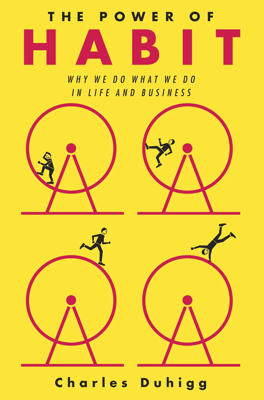Keystone Habits, or the Ballad of Paul O’Neill: Which Habits Matter Most
Paul O'Neill's transformation of Alcoa, an aluminum manufacturing giant, epitomizes the power of keystone habits. In 1987, upon becoming CEO, O'Neill focused not on profits or efficiency, but on worker safety, a priority that initially baffled Wall Street investors but ultimately led to monumental success for the company.
O'Neill's Safety Initiative:
- Upon taking the stage as the new CEO, O'Neill diverged from typical executive focus and declared his commitment to making Alcoa the safest company in America.
- He instituted a simple yet powerful operational habit: any injury must be reported directly to him within 24 hours, accompanied by a plan to ensure it would never happen again.
- This focus on safety led to a radical realignment of Alcoa’s operations and communication systems, ensuring quick and effective information flow from the factory floor to the executive suite.
Impact on Alcoa’s Performance:
- The emphasis on safety unexpectedly led to financial profitability and efficiency. Fewer injuries meant less downtime and waste, and streamlined operations to make safer procedures also improved overall operational efficiency.
- Under O'Neill's leadership from the late 1980s until 2000, Alcoa saw a fivefold increase in net income and a $27 billion increase in market capitalization. The company’s worker injury rate also dropped significantly to one-twentieth the U.S. average.
Broad Cultural Changes:
- O'Neill's safety initiatives created a culture of open communication and innovation. Employees were empowered to share safety ideas, which often led to enhancements in operational processes unrelated directly to safety.
- These changes cascaded through the organization, fostering an environment where new ideas and improvements were continually encouraged and adopted.
Long-term Effects and Legacy:
- The transformation driven by O'Neill did not only change Alcoa while he was there; it left a lasting impact that continued to influence the company’s operations and safety records long after his departure.
- The keystone habit of focusing on safety established a culture that valued every employee’s input and prioritized continuous improvement, reinforcing Alcoa’s position as a leading and innovative manufacturer in its industry.
Paul O'Neill’s tenure at Alcoa exemplifies how identifying and changing a single keystone habit can profoundly transform an organization — not just in how it operates, but in its core values and its overall success. His approach sheds light on the power of leadership focused on pivotal habits rather than conventional metrics of business performance.
